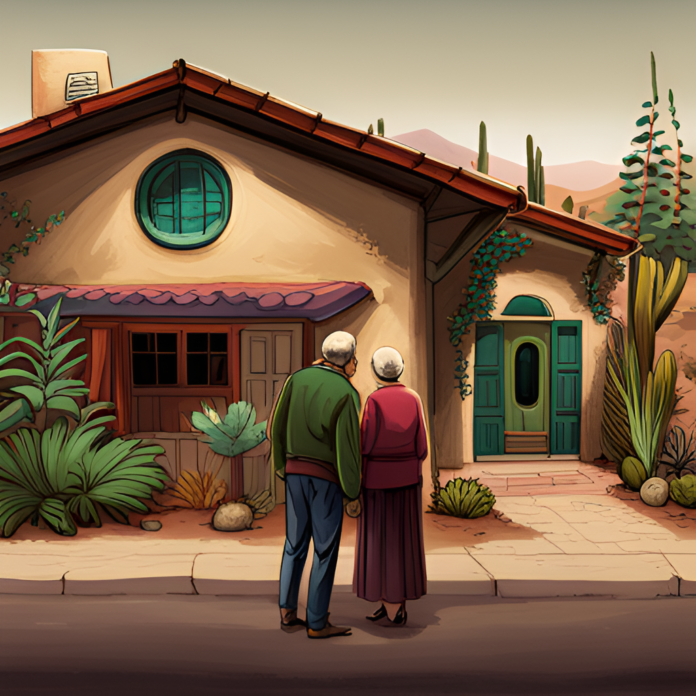Since January 7, 2022, Tucson has welcomed a new era of housing possibilities with the approval of Accessory Dwelling Units (ADUs), affectionately known as casitas. This significant shift in zoning laws has sparked a surge of interest among residents, keen to transform parts of their property or construct new units in their yards.
Easing the Path to Casita Ownership
Easing the Path to Casita OwnershipWhile zoning restrictions, once a significant hurdle for ADUs, have been relaxed, other factors can still limit buildability on certain lots. The city’s Planning and Development Services Department (PDSD) has stepped up to the plate, dedicated to making casitas accessible and affordable for Tucson homeowners and residents. With two new building code clarifications, the journey to owning an ADU is simpler and more cost-effective than ever.
Feedback and Improvements: An Ongoing Process
The PDSD is committed to understanding the needs and obstacles of potential ADU owners. By gathering feedback from ADU applicants and engaging with stakeholders, the department aims to understand the trends, barriers, and potential tools or programs that could streamline the ADU application process.
In a pivotal meeting on March 7, 2023, Mayor & Council reviewed the first year of Tucson’s ADU Ordinance, including stakeholder and ADU applicant feedback. Recommendations from the review were presented to further ease the process of building ADUs, including reevaluating impact fees and developing an ADU ‘pre-approved’ model plan catalog, among other initiatives.
Building Your Own Casita: What You Need to Know
Building Your Own Casita: What You Need to KnowAs of now, ADUs or casitas are permitted on any residential lot in Tucson, subject to certain regulations. An ADU can be built on any residential lot in the city, and its size can be up to 10% of the lot size, with a maximum of 1,000 square feet. Other restrictions such as maximum height, parking, and requirements for a cool roof apply.
ADUs, self-contained housing units with their own kitchen, bathroom, and living spaces, typically occupy less than 1,000 square feet and serve as an extension to the primary residence. They can be detached, attached, or integrated within the main house, through conversions of garages, basements, or attics.
The benefits of ADUs are manifold. They increase the supply of affordable rental housing, provide flexible housing options for seniors, and support multi-generational households. For homeowners, they can provide a supplemental income and contribute to neighborhood stability. ADUs also support climate-resilient infill development, harmonizing with existing neighborhoods.
In a bid to make ADUs even more accessible, Tucson’s Housing and Community Department (HCD) launched a pilot program to assist low-income homeowners in improving their ADUs. This program supports rehabilitation projects to improve existing ADUs, including infrastructure and site upgrades. The initiative is part of a broader goal to expand affordable housing options in Tucson and benefit eligible homeowners.
Looking Ahead
As the city continues to innovate its housing landscape with ADUs, the HCD hopes that the program will successfully provide continued assistance to low-income homeowners in the future. With the steadfast commitment of city officials and the community, Tucson’s ADU revolution is only just beginning.






